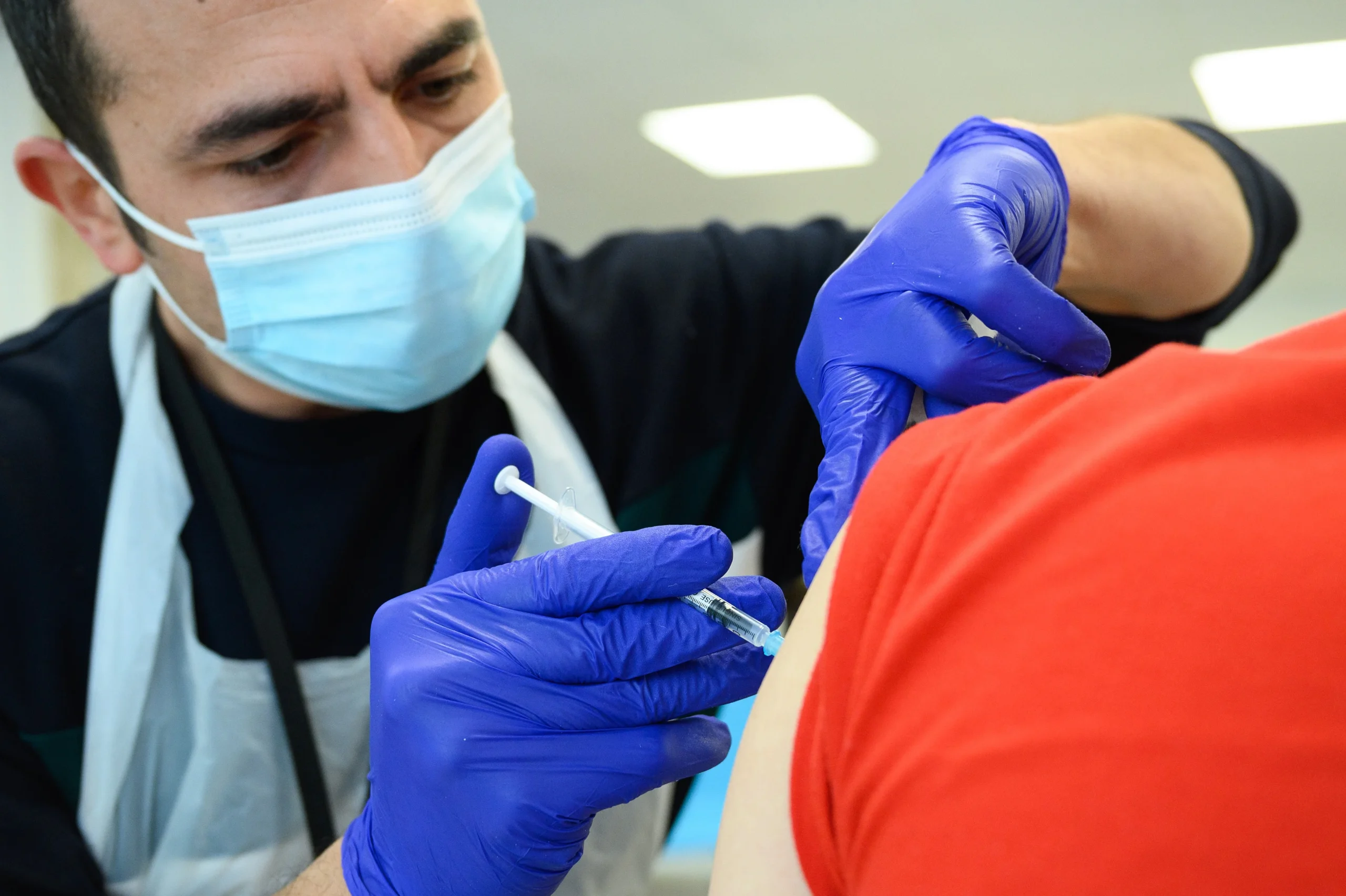Oxford University scientists have recently commenced human testing of a highly anticipated Marburg virus vaccine. This significant development offers hope in the fight against one of the world’s deadliest pathogens. The Marburg virus, closely related to Ebola, has been responsible for numerous outbreaks, primarily affecting health workers in the affected regions.
Background of Marburg Virus
The Marburg virus is a highly infectious pathogen belonging to the Filoviridae family, which also includes the Ebola virus. It causes Marburg virus disease (MVD), a severe and often fatal hemorrhagic fever in humans and non-human primates. The virus was first identified in 1967 during simultaneous outbreaks in Marburg and Frankfurt, Germany, and Belgrade, Serbia. Since then, sporadic outbreaks have occurred, primarily in African countries, with a fatality rate that can reach up to 88%.
Causes and Transmission
Natural Reservoir: The primary natural host of the Marburg virus is the African fruit bat (Rousettus aegyptiacus). The virus resides in these bats without causing them harm.
Transmission to Humans: Humans can contract the virus through prolonged exposure to mines or caves inhabited by these bats. Initial infection occurs through direct contact with the bats or their secretions.
Human-to-Human Transmission: Once infected, the virus spreads among humans through direct contact with the blood, secretions, organs, or other bodily fluids of infected individuals. Transmission can also occur via contaminated surfaces and materials, such as bedding and clothing.
Marburg Virus Symptoms
Marburg virus disease begins abruptly with:
- High fever
- Severe headache
- Severe malaise
- Muscle aches and pains
As the disease progresses, more severe symptoms may appear, including:
- Severe vomiting
- Diarrhea
- Abdominal pain
- Hemorrhaging (internal and external bleeding)
- Jaundice
- Liver failure
- Pancreatic inflammation
- Delirium
In advanced stages, the disease can lead to severe weight loss, shock, organ failure, and death. Understanding the causes and transmission methods of the Marburg virus is crucial for preventing outbreaks and developing effective treatments and Marburg virus vaccines.
Marburg Virus Vaccine Development
The development of a Marburg virus vaccine has been a priority for many researchers due to the virus’s high mortality rate and lack of specific treatments. Oxford University’s team, leveraging their experience in creating the successful AstraZeneca COVID-19 vaccine, has made significant strides in developing this new vaccine. The vaccine candidate uses a similar platform to the one used for the Ebola vaccine, which has shown efficacy in preventing outbreaks.
The Human Trials of Marburg Virus Vaccine
The human trials, which have just begun, will involve healthy adult volunteers who will receive the vaccine to assess its safety, tolerability, and immunogenicity. These trials are a crucial step in ensuring that the vaccine is both safe and effective before it can be made available to the general public. The initial phase will monitor the participants for any adverse reactions and measure the immune response generated by the vaccine.
Importance of the Vaccine
The development of a Marburg virus vaccine is particularly important for healthcare workers and communities in endemic regions. Previous outbreaks have highlighted the virus’s potential to cause widespread fear and disruption. A successful vaccine would not only save lives but also prevent future outbreaks, thereby providing much-needed stability and security to vulnerable populations.
Challenges and Future Prospects
While the commencement of human trials is a significant milestone, several challenges remain. Ensuring the vaccine’s effectiveness against various strains of the virus, scaling up production, and securing regulatory approvals are critical steps that need to be addressed. However, the progress made so far is promising, and researchers are optimistic about the potential impact of the vaccine.
The start of human testing for the Marburg virus vaccine by Oxford University scientists marks a pivotal moment in the fight against this deadly virus. If successful, this vaccine could provide a critical tool in preventing future outbreaks and protecting those at highest risk. The scientific community and global health organizations eagerly await the outcomes of these trials, hoping for a breakthrough that could change the course of Marburg virus outbreaks forever.



